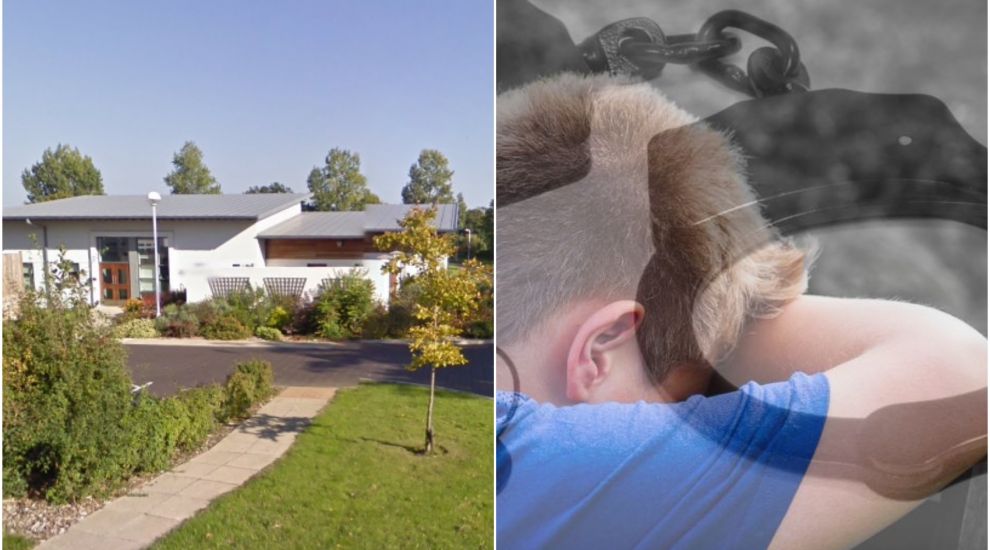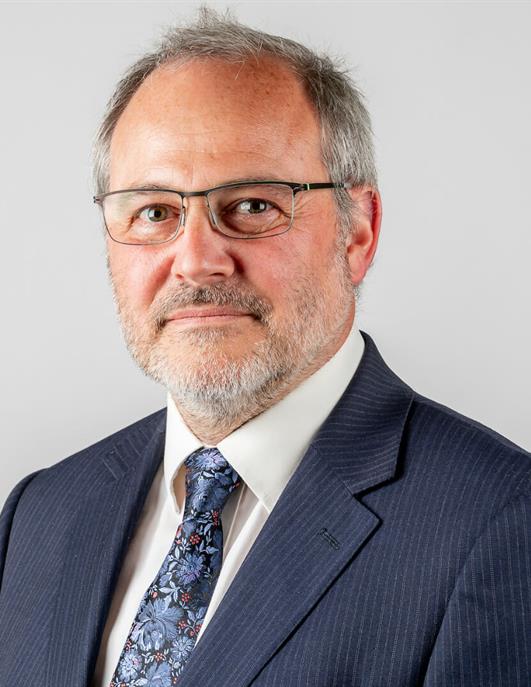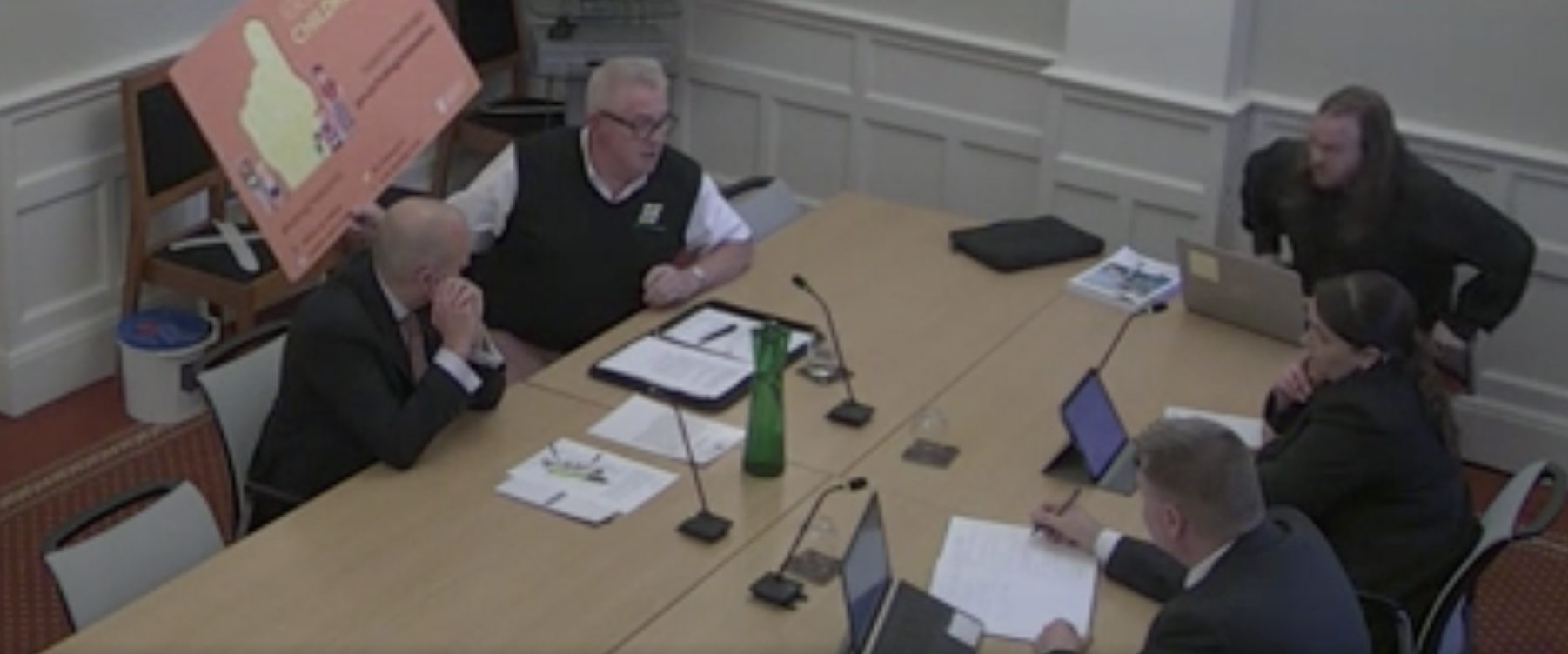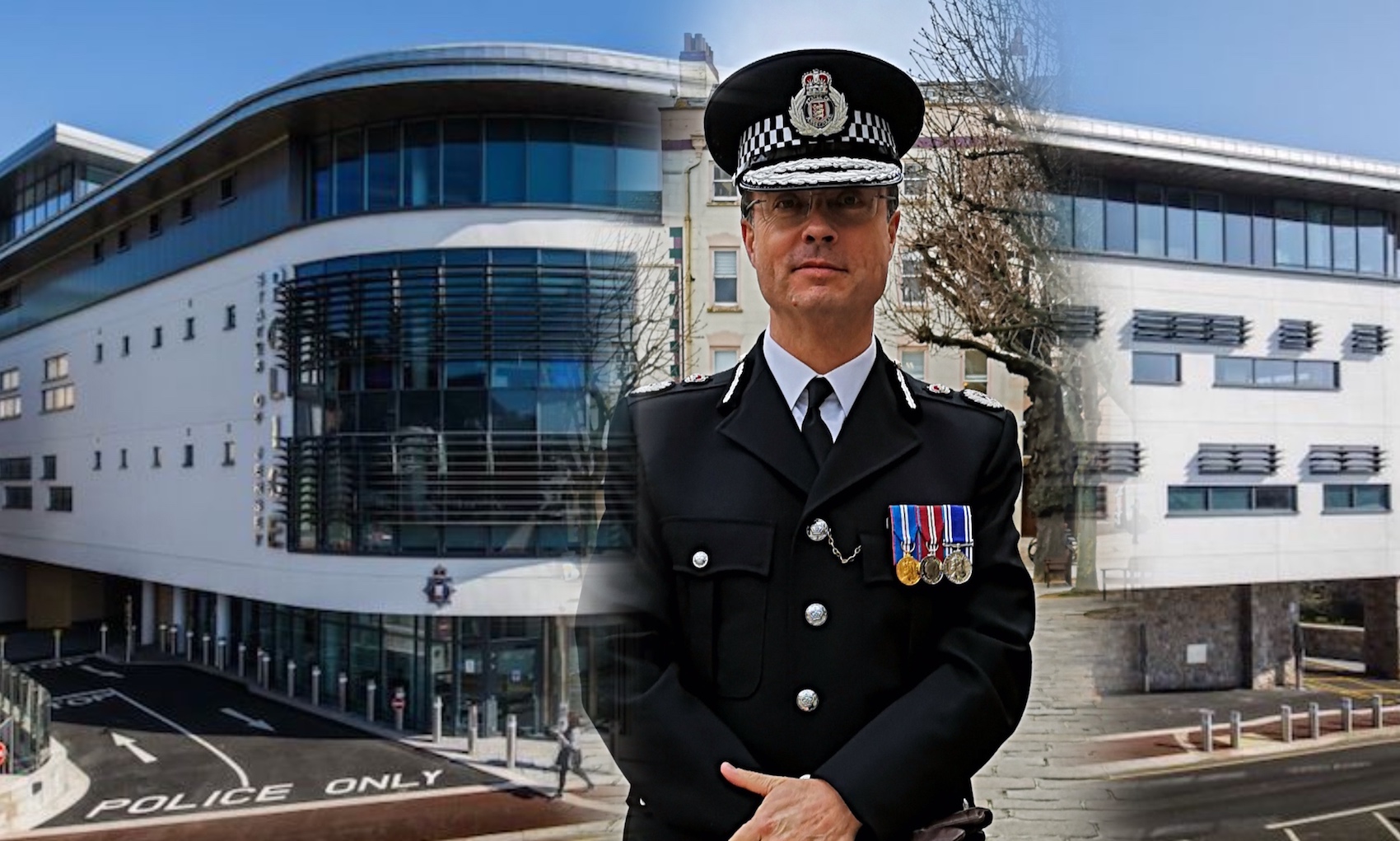


The Home Affairs Minister has admitted that the incarceration system currently used for young offenders is falling short – but the Government says improvements are on the way, despite rejecting a £70,000 plan to deter children from crime a year ago.
Express looks into the issue further...
According to Police Chief Robin Smith, there are "concerns around the repeated Youth Offending and the island's ability to deal with repeat offending, particularly difficult and challenging young people who frankly have had a really tough upbringing."
He added this was particularly apparent within a cohort of "around 10 young people who commit a disproportionate amount of crime", adding that "currently we struggle as an island to provide them with the best way to not commit more crimes."
Currently, there is no dedicated therapeutic rehabilitation provision for children involved in the criminal justice system.
Those who commit more serious offences are still at risk of being detained in secure accommodation Greenfields.
The Government recently admitted that the facility and the service it provides was “struggling to meet all the assessed needs of young people placed” there.
"This is due to challenges with staffing levels, inexperience and the mix, number and needs of the children and young people," it said.
Home Affairs Minister Deputy Gregory Guida also admitted before Scrutiny this week that the service was falling short.
More concerningly, he revealed: “We had a case very recently where almost by accident we discovered that the rules which governed prisoners didn't work with young people in custody, so we sorted that particular case as an emergency."

Pictured: The Home Affairs Minister said that it was "almost by accident" that the department discovered "the rules which governed prisoners didn't work with young people in custody..."
He continued that it showed the department it "absolutely needed to rework the rules," saying that a 'Secure Accommodation Law' had "just landed on [his] lap."
He said that in recent meetings with the Attorney General, he had been provided with "legislation from several countries from the commonwealth as examples of how you could at the same time ensure the safety of rest of the island but deal with the young offenders properly."
On these systems and how they could follow them, he said: "you do something with them, you keep teaching them, keep them participating in normal life," rather than just locking them up, saying he wanted Government departments to come together to "actually create legislation that would allow us to still have a custodial system, but one that is much more favourable to children."
He later remarked: "...Right now we have an incarceration system which is slightly dissuasive, the kids really don’t like it, but it’s obviously not doing the whole job, and that’s what we want to change."
The type of rehabilitative care mentioned by the Minister has been discussed for many years.
This week, Haute Vallée Board of Governors Chair Philip Le Claire revealed that the school had put forward a “£150,000 scheme to deal with all of those students exhibiting those challenging behaviours” – not just those at Haute Vallée.
The proposal – based on a successful, evidence-based model in Glasgow – came about after the school became concerned to learn that some of its students had been involved in the Off The Rails break-in. As a result, they wanted to put in support before the summer period to deter them from any further offending.

Pictured: Mr Le Claire this week handed back the 'putting children first' pledge, as he accused the Government of not keeping to their word.
“We were told there wasn’t enough money, we rejigged the budget and got it down to £70,000.”
He said that the school was given an “undertaking” by the Director General of CYPES, Mark Rogers, that the project would be supported. But, he said, “it just died.”
“When we tried to engage again, we were ignored, and phone calls went unanswered, messages went unanswered.”
He continued: “We were hearing that there were some individuals that were being arrested every day. We were hearing those numbers. If we’d have broken that cycle and got them re-engaged with education and got them back into being part of the school community, that £70,000 becomes a tiny, tiny amount of money,” he told the Bailiwick Podcast.
Noting that the cost of keeping someone in HMP La Moye for a year is around £100,000, Mr Le Claire added: “If we stopped one person going to prison for a year… Our £70,000 is nothing.”
Responding to Mr Le Claire’s comments, the Government confirmed that it is now looking at a new supportive scheme.
“The draft Government Plan 2022-25 recognises that additional resources are needed to support a small, but significant, group of young people with complex needs. The plan proposes additional investment of £400,000 for an Intensive Youth Support Service that would operate across schools, social care, youth and criminal justice services to ensure a wrap-around approach to meeting needs.
“The Minister will ask officials to continue their dialogue with schools, including Haute Vallée, so the approach is informed by the experiences of head teachers and their staff.”
However, Chair of the Children, Education and Home Affairs Scrutiny Panel Deputy Rob Ward said he was concerned about the “lack of clarity” around these plans.
Ahead of the scheme being put in place, Police Chief Robin Smith said that, in order to address the “struggle” police have in working with dealing with this group of young people, he added that all police officers were to train in Adverse Childhood Experiences (ACES) to "better understand" the children.

Pictured: Police Chief Robin Smith said officers were being ACES trained.
He later added that: "I do not want enforcement to be the solution, because enforcement is not the solution. It's a regrettable end product in that... I don't want to have to arrest them, but arrest them I do repeatedly.
"Where I am particularly encouraged is [Strategic Policy, Planning and Performance] as part of Government are co-ordinating this activity, and I think that's a good thing. So Paul Wiley who's Group Director, he is overseeing a youth crime diversion strategy... I think that is the best place for it to be, because it can co-ordinate the Government's collaboration."
Express spoke about options for deterring children from crime as part of a wide-ranging interview about the £23m schools funding crisis with Haute Vallée Chair of the Board of Governors, Philip Le Claire...
Subscribe to Bailiwick Podcasts on Spotify, Apple Podcasts, Deezer or Whooshkaa.
Comments
Comments on this story express the views of the commentator only, not Bailiwick Publishing. We are unable to guarantee the accuracy of any of those comments.